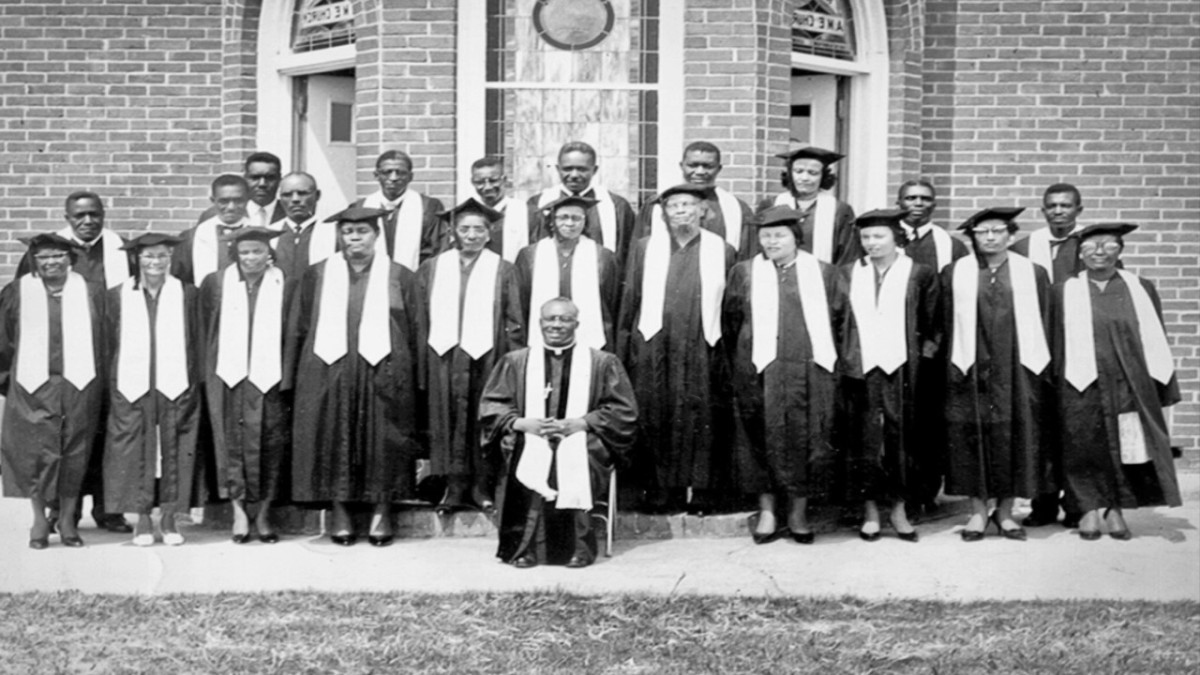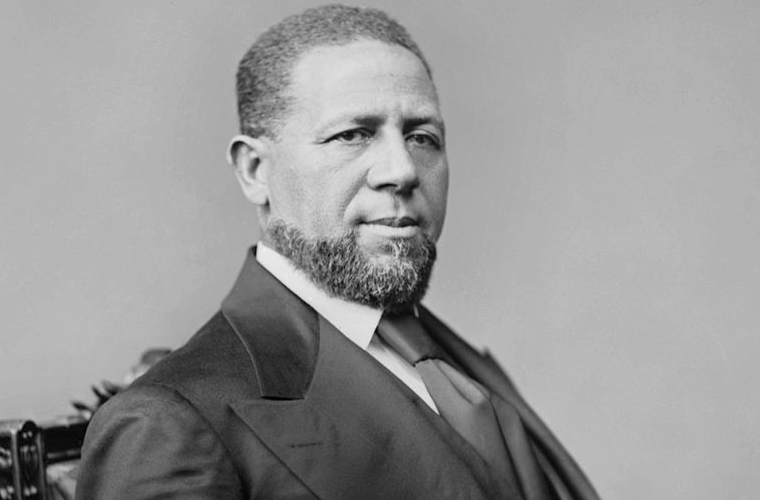Hiram Rhodes Revels (1827-1901) was a significant figure in American history, known for his groundbreaking achievements. He was an African-American minister, educator, and politician, and his most notable accomplishment was becoming the first African-American to serve in the United States Senate.
Revels was born a free man of African and European ancestry on September 27, 1827, in Fayetteville, North Carolina. He was educated in Indiana and later attended Knox College in Illinois. He became a Methodist Episcopal minister and was actively involved in advocating for the abolition of slavery and civil rights for African-Americans. During the American Civil War, Revels worked as a chaplain for the Union Army, providing spiritual guidance and support to African-American soldiers. After the war, during the period known as Reconstruction, he moved to Mississippi and continued his ministry and involvement in politics.
In 1870, Revels was appointed to fill the vacant U.S. Senate seat previously held by Jefferson Davis, who had become the President of the Confederate States of America. This appointment was made by the Mississippi state legislature, and it was a momentous event in American history as it marked the first time an African American served in the U.S. Senate.

During his tenure in the Senate, Revels advocated for racial equality, public education, and the protection of civil rights. His eloquent speeches and dedication to his principles earned him respect among his colleagues. However, his time in the Senate was relatively short, as he served only for the remainder of the term until March 1871. After leaving the Senate, Revels continued his work as a minister and educator. He served as the president of Alcorn University (now known as Alcorn State University), one of the first institutions of higher education for African-Americans in the United States.
Hiram R. Revels’ achievement in breaking the color barrier in the U.S. Senate was an important milestone in the struggle for civil rights and equality for African-Americans during the Reconstruction era. His legacy continues to inspire and serves as a reminder of the progress made and the ongoing efforts needed to achieve equality and justice for all.

